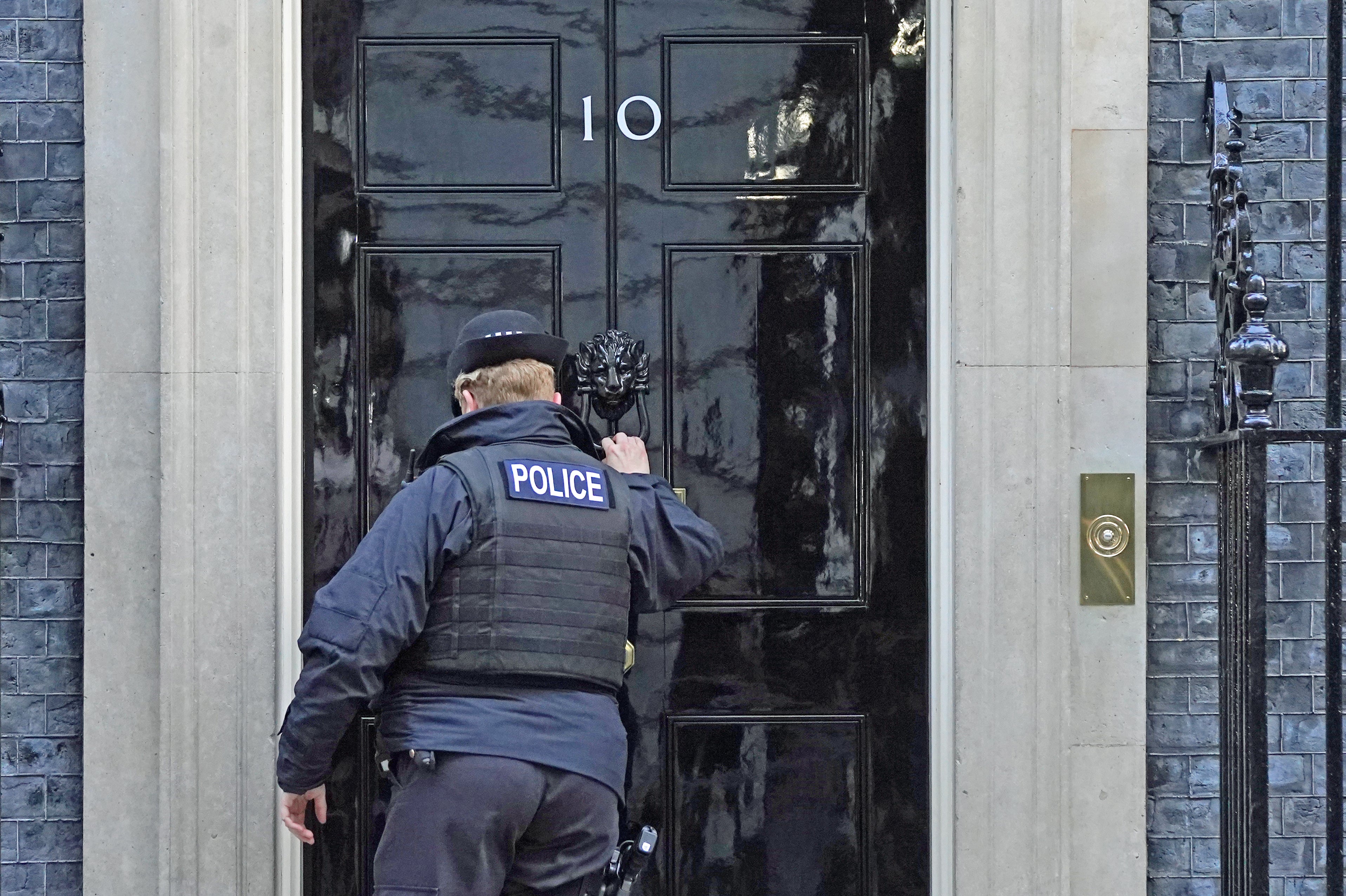The prime minister is holding a closing down sale – every principle must go
The prime minister is at the mercy of his MPs, which means he may agree to scrap the tax rise due in April, writes John Rentoul


The prime minister is holding a closing down sale. Everything must go. Every last shred of principle and good government is up for auction to the highest bidder in Boris Johnson’s office in the House of Commons.
There was a special preview for some valued customers at Prime Minister’s Questions two weeks ago, when Simon Hoare, chair of the Northern Ireland committee, asked Johnson to ditch an amendment to a bill in the Lords that would allow MPs to sit as members of the Northern Ireland assembly. Consider it done, said the prime minister, or words to that effect.
Since then, any Conservative MP who wants to see the prime minister has suddenly found that his door is open. Come on in, name your price, Johnson says. Or words to that effect. In return for a worthless promise not to send a letter to Sir Graham Brady, chair of the 1922 Committee, calling for a vote of confidence in the party leader, any Tory MP can ask for the Moon.
In return for an equally worthless promise to vote in support of Johnson if there is a vote of confidence, they can have the Moon on a stick.
Rarely have Tory MPs held so much power. Perhaps that is the real reason for the delay in publishing Sue Gray’s report: the Conservative parliamentary party is enjoying its moment of influence and is sabotaging the report by making up accounts of lockdown orgies.
Junior ministers who haven’t spoken to the prime minister since they were appointed by text from a No 10 official suddenly find that he wants to hear in person about their bright ideas and ambition to serve in cabinet. Or, at least, to be granted the right to attend cabinet meetings.
Backbenchers who haven’t spoken to the prime minister since he asked for their vote in the leadership election two and a half years ago find themselves ushered into the present so that they can explain their detailed blueprint for reorganising Whitehall departments.
What this means in practice is that Johnson is under pressure to concede those demands that are popular among Tory MPs. The prime minister has already been accused of lifting coronavirus restrictions earlier than he otherwise would in order to try to appease his MPs. In fact, his own instincts were to relax the rules as quickly as he could within the constraint of the government’s scientific advice.
But I think that new measures are likely in the next phase of the clearance sale. After the Gray report is published, expect a number of special offers to go up in the shop window. The law to sack unvaccinated NHS workers is likely to be abandoned – although that may have been the plan all along; the threat of the sack being used to encourage NHS staff to get the jab.
The big ticket item, though, is the tax rise due in April. Many Conservative MPs want it scrapped – although they are uniting behind the demand that it be “postponed” for a year. They point out that Rishi Sunak, the chancellor, has a £13bn windfall because the public finances are in a better shape than expected, which is by chance about the amount that will be raised by the national insurance increase in one year. They know, presumably, that if the rise is postponed for one year it will never happen. If it has been defeated once, it won’t be possible to get it through the Commons again.
So, although there is an argument that April is the wrong time to raise taxes, it is the only responsible thing to do – a tough, difficult and right decision. The alternative is to spend less on dealing with the NHS backlog; or cut public spending significantly elsewhere; or to borrow more. Yet too many Tory MPs are in thrall to fantasy economics, believing that cutting tax rates leads to higher revenues. And now they are in charge.
To keep up to speed with all the latest opinions and comment sign up to our free weekly Voices newsletter by clicking here
Who knows what other terrible policies will be foisted on a weak prime minister, but this would be the worst. Of course, the tax rise is unpopular with the voters, but taking resources from the NHS, or returning to austerity, would be even more unpopular.
Whether Johnson survives or not, this crisis in the Tory party is a disaster for the country. If Johnson stays, it may be because he has conceded to the punk Thatcherites on his back benches; but if he goes, the leadership election campaign that follows will only be even more of an auction of bad policies funded by fantasy economics.
And unfortunately, Keir Starmer is playing cynical politics with the national interest, pretending that Labour is opposed to sound public finances too. Boris Johnson’s weakness is a national disaster all round.






Join our commenting forum
Join thought-provoking conversations, follow other Independent readers and see their replies
Comments